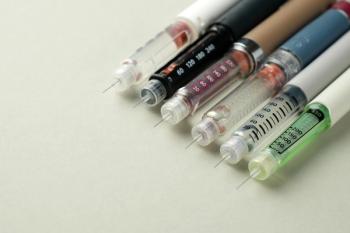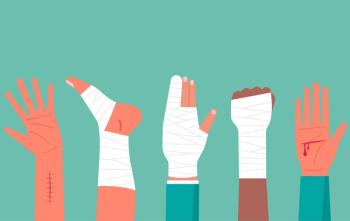
- Vol 39, Issue 7
New 988 Suicide Hotline: Thoughts From the Editor in Chief
What does the Psychiatric Times Editor in Chief think about 988?
To read the full article on 988, see "
The 988 initiative is a milestone in our ongoing efforts to bring parity to mental health awareness, accessibility, treatment, and destigmatization. However, due to numerous barriers primarily related to lack of funds and the current fragmentation of access to mental health crisis clinicians around the country discussed in this issue, in my opinion, it could very likely take 10 to 20 years to achieve the functional, effective system for which the 988 initiative is striving.
Will the implementation of 988 on July 16, 2022, result in a decrease in suicides in the United States? I believe it will. Sadly, many individuals who commit suicide will not dial 988. During my 31 years of clinical psychiatry practice, the patients I have treated who ultimately died by
However, 988 will provide an immediate, accessible lifeline for those individuals who are feeling suicidal and hopeless but also have ambivalence and emotional turmoil that motivates them to reach out for help. Significantly, any bystander—family, friend, or stranger—who is concerned about the immediate mental health of a person will now have an option to activate a
Although technically 988 is replacing the current 10-digit phone number for the National Suicide Prevention Lifeline, the establishment of 988 will become a much broader safety net for the many diverse mental health crises requiring immediate intervention: suicide risk, unpredictable actions of a person in an acute psychotic episode, a substance abuse crisis, or assistance with an oppositional and angry family member, to list just a few. Once the 988 infrastructure is fully developed, integrated throughout the country, staffed, and operational it has the potential to greatly reduce the current burden of these mental health emergencies that are responded to by 911 calls. The person in crisis will likely engage in a more therapeutic manner with a mental health clinician than with a 911 response team.
Throughout the COVID-19 pandemic we have seen an explosion of mental health crises straining and draining our current mental health system. The implementation of 988 on July 16 will require a massive increase in funds, education of clinicians, and growth of our mental health system at all levels to not only meet the current needs but to put services in place that will be required to competently deliver the outcomes that 988 promises. What good would 911 be without the response teams, hospitals, and associated resources that allow for a rapid, competent response once the crisis is identified?
In my opinion, 988 will greatly affect the practices of all mental health providers. Currently, providers are greatly affected by mental health crises whether or not they want to acknowledge it. Throughout the country, long waiting lists exist for evaluations for all types of mental health treatment. These include therapy;
Additionally, I challenge mental health providers of all types to be more available outside of the formal appointment to serve as the first line when a client calls in crisis. Many private practice mental health practitioners instruct their patients to call 911 or go to the emergency department (ED) if they are in acute crisis. Although in some circumstances this is appropriate, it is likely that many 911 calls and ED visits resulting from this approach could readily be addressed by the individual’s primary mental health provider. This would greatly reduce the burden on the larger mental health system that already exists, and the situation will only improve with 988.
Dr Miller is medical director, Brain Health, Exeter, New Hampshire; Editor in Chief, Psychiatric Times™; staff psychiatrist, Seacoast Mental Health Center, Exeter; Consulting Psychiatrist, Exeter Hospital, Exeter; consulting psychiatrist, Insight Meditation Society, Barre, Massachusetts.
Articles in this issue
over 3 years ago
Love, Alzheimer Disease, and Medical Aid in Dyingover 3 years ago
Caregiving: Walking the Personal and Professional Tightropeover 3 years ago
Opioid Treatment “Mismatch” Threatens Vulnerable Communitiesover 3 years ago
The Not Deadover 3 years ago
Behind Bars: An Insider’s Perspective on Correctional PsychiatryNewsletter
Receive trusted psychiatric news, expert analysis, and clinical insights — subscribe today to support your practice and your patients.






